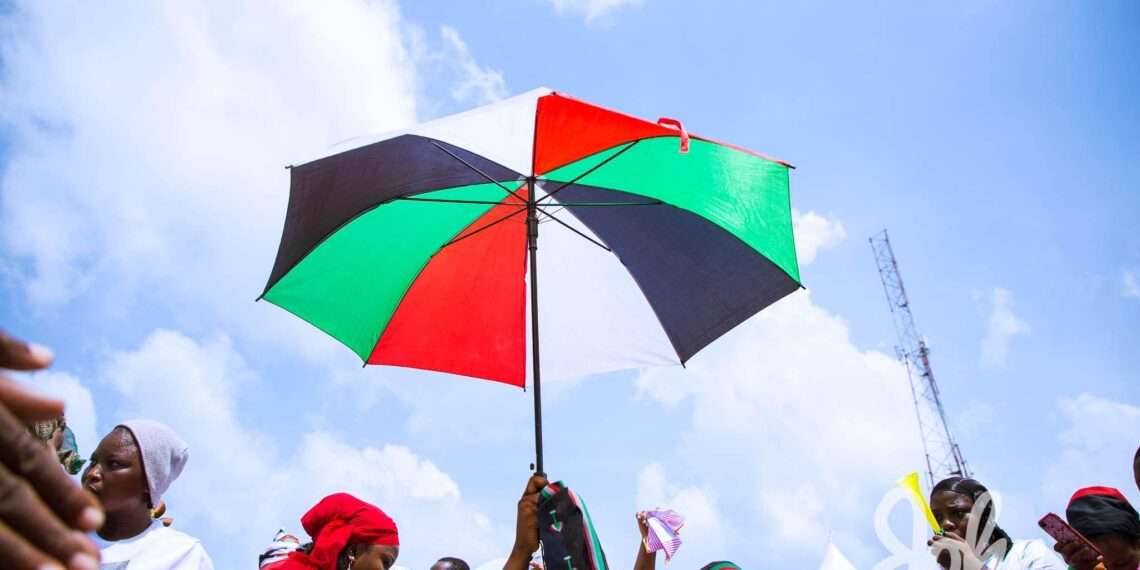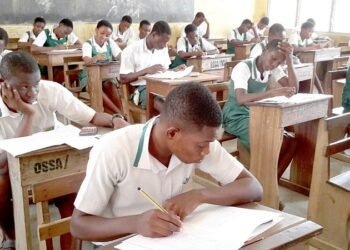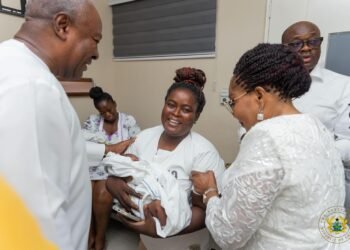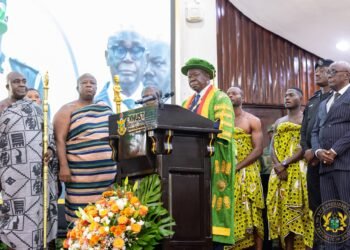Ghana’s 2024 general elections may witness a significant shift in the country’s political landscape, with the National Democratic Congress (NDC) potentially gaining a majority in parliament.
Primarily, an NDC majority would likely result in a shift in policy priorities, with the party implementing policies aligned with its manifesto.
This could lead to increased focus on social democracy, state-led development, and social welfare programs.
Accordingly, Mussa Dankwa, Executive Director of Global InfoAnalytics, has cited the MPR model polls as evidence that the NDC is poised to secure a majority in 2025, elaborating on the key factors driving this trend.
According to Dankwah, a significant shift in voter allegiance has occurred, with 15% of voters who supported NPP Parliamentary Candidates (PCs) in 2020 now switching to support NDC PCs.
Conversely, he noted that 6% of voters who previously supported NDC Parliamentary Candidates have defected to support NPP PCs, resulting in a net advantage of +9% for the NDC.
“Again, 6% of NPP voters who voted for NPP candidates are now voting for IND candidates while 2% of voters who voted for NDC PCs now will vote for IND”.
“In Bono, 18% of voters who voted for NPP PCs are moving to NDC but 32% of voters who voted NDC PCs intend to vote for NPP PCs but 6% will vote for IND candidates”.
Mussa Dankwa
Dankwah stated that the swing regions revealed that in the Central region, a notable shift is underway, with 19% of voters who previously supported NPP Parliamentary Candidates now intending to vote for NDC Parliamentary Candidates.
Meanwhile, 13% of voters who previously supported NDC Parliamentary Candidates in the Central region are poised to switch their support to NPP Parliamentary Candidates, resulting in a net gain for the NDC in the region.
Dankwah noted that 17% of voters who supported NPP Parliamentary Candidates in the 2020 election will now vote for independent candidates, whereas 6% of voters who supported NDC Parliamentary Candidates will also defect to independent candidates.
NPP Faces Threat In Greater Accra
Moreover, Mussa Dankwah warned that the NPP faces a significant threat in the Greater Accra region, where a substantial 25% of voters who previously supported NPP Parliamentary Candidates in 2020 are now planning to vote for NDC PCs.
In contrast, Dankwa noted that only 2% of voters who previously supported NDC PCs in the region are expected to switch their support to NPP PCs, further exacerbating the NPP’s challenges in the area.
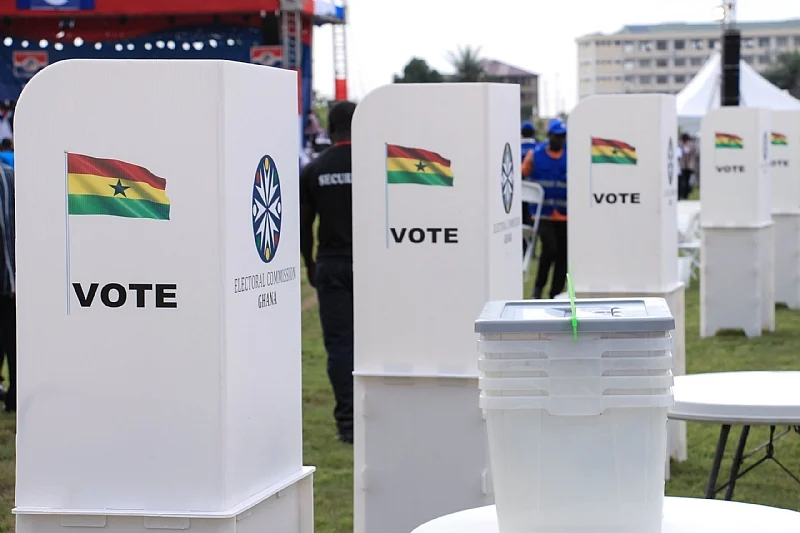
“In the Western region, the data shows that 19% of voters who voted for NPP PCs in the 2020 election will now vote for NDC PCs while only 3% of voters who voted for NDC PCs will vote for NPP PCs”.
“Where do we expect IND candidates to have a profound impact on the parliamentary arithmetic? First, the impact will be most felt in marginal constituencies in the regions. For example, in the Central region, the poll suggests that nearly 23% (17%+6%) of voters who voted for NPP and NDC PCs in the 2020 election intend to vote for IND candidates”.
Mussa Dankwa
Dankwah noted that 15% of voters in the Eastern region who previously supported NPP or NDC PCs in 2020 will now vote for IND candidates. Similarly, 10% of voters in both the Western region (7% + 3%) and the Ashanti region (7% + 3%) will also defect to IND candidates.
He noted that in the Volta region, a significant 44% of voters who supported NPP Parliamentary Candidates (PCs) in the 2020 election are now planning to vote for NDC PCs.
However, as the NDC already holds all but one seat in the region, this shift is expected to increase their share of parliamentary votes rather than translate to additional parliamentary seats.
Dankwah stated that in the Ashanti region, a 10% improvement in the performance of independent (IND) candidates will only have an impact if it materializes in the most marginal constituencies.
The same applies to the Eastern region, where a similar improvement in IND candidates’ performance would also need to be concentrated in the most marginal constituencies to have an effect.
“GAR, CR, and Western will be the regions to watch as far as parliamentary seats are concerned”. – Mussa Dankwah
READ ALSO: Walz, Clinton And Pelosi To Deliver Remarks On DNC’s Third Night

